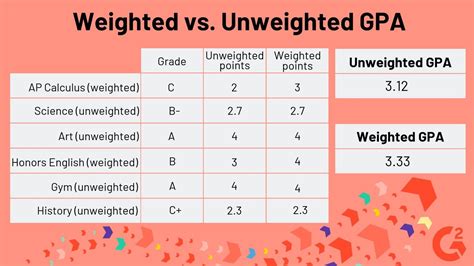Introduction

College Board’s Advanced Placement (AP) Program offers high school students an opportunity to challenge themselves with college-level coursework. These rigorous courses are graded on a 5-point scale, with a score of 3 or higher typically qualifying for college credit.
Benefits of AP Courses
Enrolling in AP courses can provide students with numerous benefits, including:
- Higher College GPA: Studies have shown that students who take AP courses tend to earn higher GPAs in college.
- Increased College Acceptance Rate: Colleges and universities often give preference to students with strong AP scores.
- Potential for College Credit: Earning a qualifying score on an AP exam can exempt students from taking certain college courses. This can save time and money.
- Improved Critical Thinking Skills: AP courses challenge students to analyze, synthesize, and evaluate information.
- Enhanced Time Management: AP coursework demands a high level of time management skills, which can benefit students in all areas of their lives.
AP Courses Over 4.0
Traditionally, AP courses have been weighted on a 4.0 scale, meaning that an A in an AP course would be counted as a 4.0 on a student’s transcript. However, some schools are now moving to a weighted scale that allows AP courses to be counted over 4.0.
Why AP Courses Over 4.0 Matter
Weighted AP courses over 4.0 can significantly impact a student’s GPA:
- Honors Distinction: A student with an A in an AP course on a 4.0 scale would earn 4.0 GPA points. On a weighted scale, that same A would count as 4.5 or 5.0 GPA points.
- Class Rank Improvement: A higher GPA can improve a student’s class rank, increasing their chances of earning honors such as valedictorian or salutatorian.
- College Scholarship Eligibility: Many colleges and universities consider GPA when awarding scholarships. A higher GPA can increase a student’s eligibility for prestigious scholarships.
Benefits of AP Courses Over 4.0
- Increased Motivation: The potential for a higher GPA can motivate students to work harder in their AP courses.
- Enhanced College Preparedness: A weighted AP scale prepares students for the rigor of college coursework by giving them a realistic idea of how their grades will be calculated.
- Greater Flexibility: Weighted AP courses allow students to explore their academic interests while maintaining a competitive GPA.
| AP Course | Grade | 4.0 Scale GPA | Weighted Scale GPA |
|---|---|---|---|
| AP Biology | A | 4.0 | 4.5 |
| AP Calculus AB | A+ | 4.3 | 5.0 |
| AP English Literature and Composition | B | 3.0 | 3.5 |
| AP Psychology | A- | 3.7 | 4.2 |
| Student GPA | Class Rank (4.0 Scale) | Class Rank (Weighted Scale) |
|---|---|---|
| 4.59 | 10th | 5th |
| 4.45 | 20th | 15th |
| 4.02 | 50th | 38th |
FAQs
Can all AP courses be weighted over 4.0?
Not necessarily. Schools may choose to weight only certain AP courses or none at all.
What is the maximum weight for an AP course?
The most common weight for an AP course is 5.0, but some schools may use a different weight.
How do I know if my school weights AP courses over 4.0?
Check with your school counselor or administration to determine the school’s policy on AP course weighting.
Can I take AP courses if I am not in the top of my class?
Yes, AP courses are open to all students, regardless of their current academic standing.
Will taking AP courses over 4.0 hurt my chances of getting into college?
No, taking AP courses over 4.0 will not hurt your chances of getting into college. In fact, it can increase your chances of being admitted to your top choice schools.
AP courses over 4.0 offer students a unique opportunity to challenge themselves academically and prepare for the rigors of college. While this weighted grading system may not be available at all schools, students who have the opportunity to take advantage of it should consider doing so.
